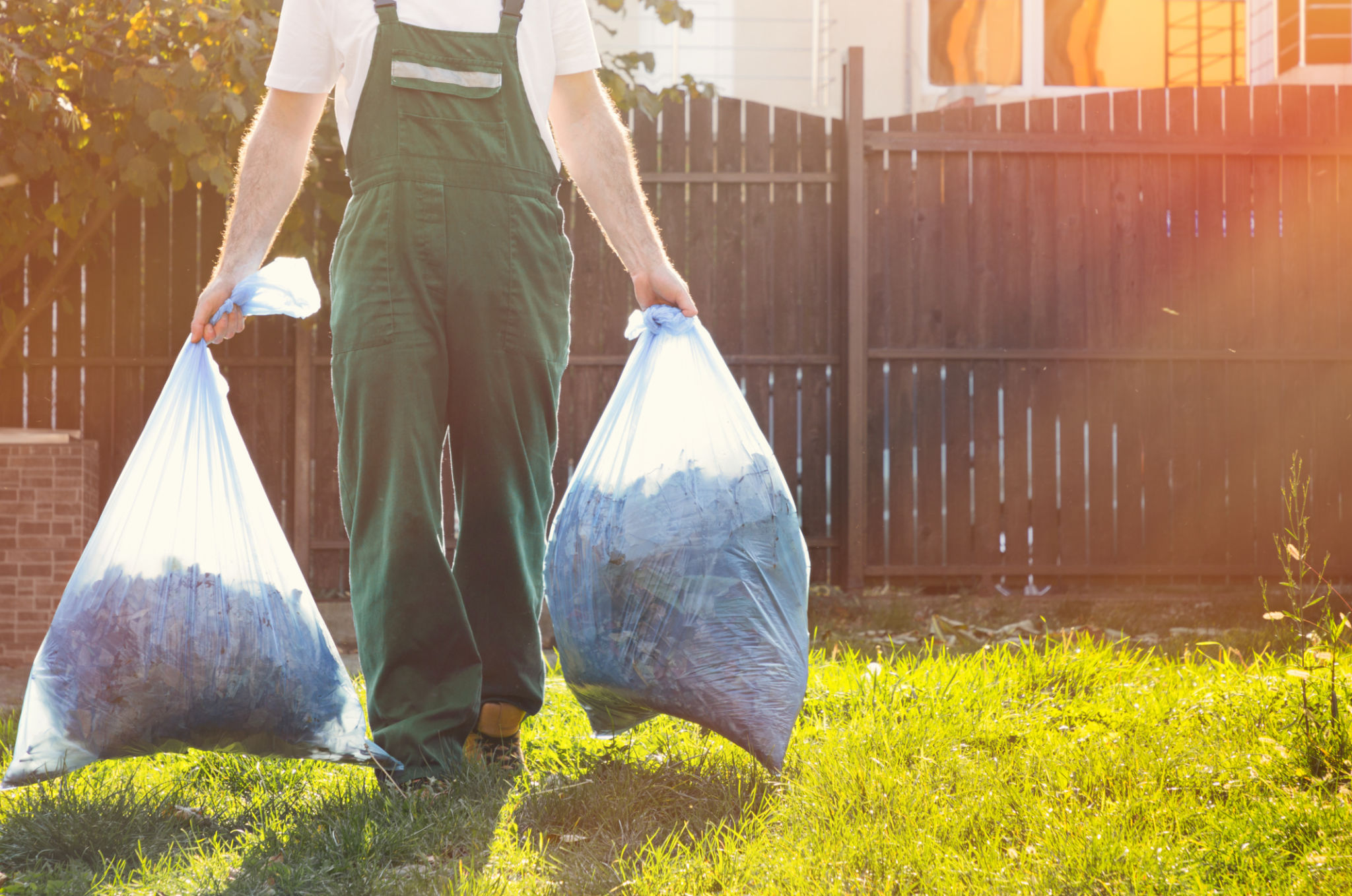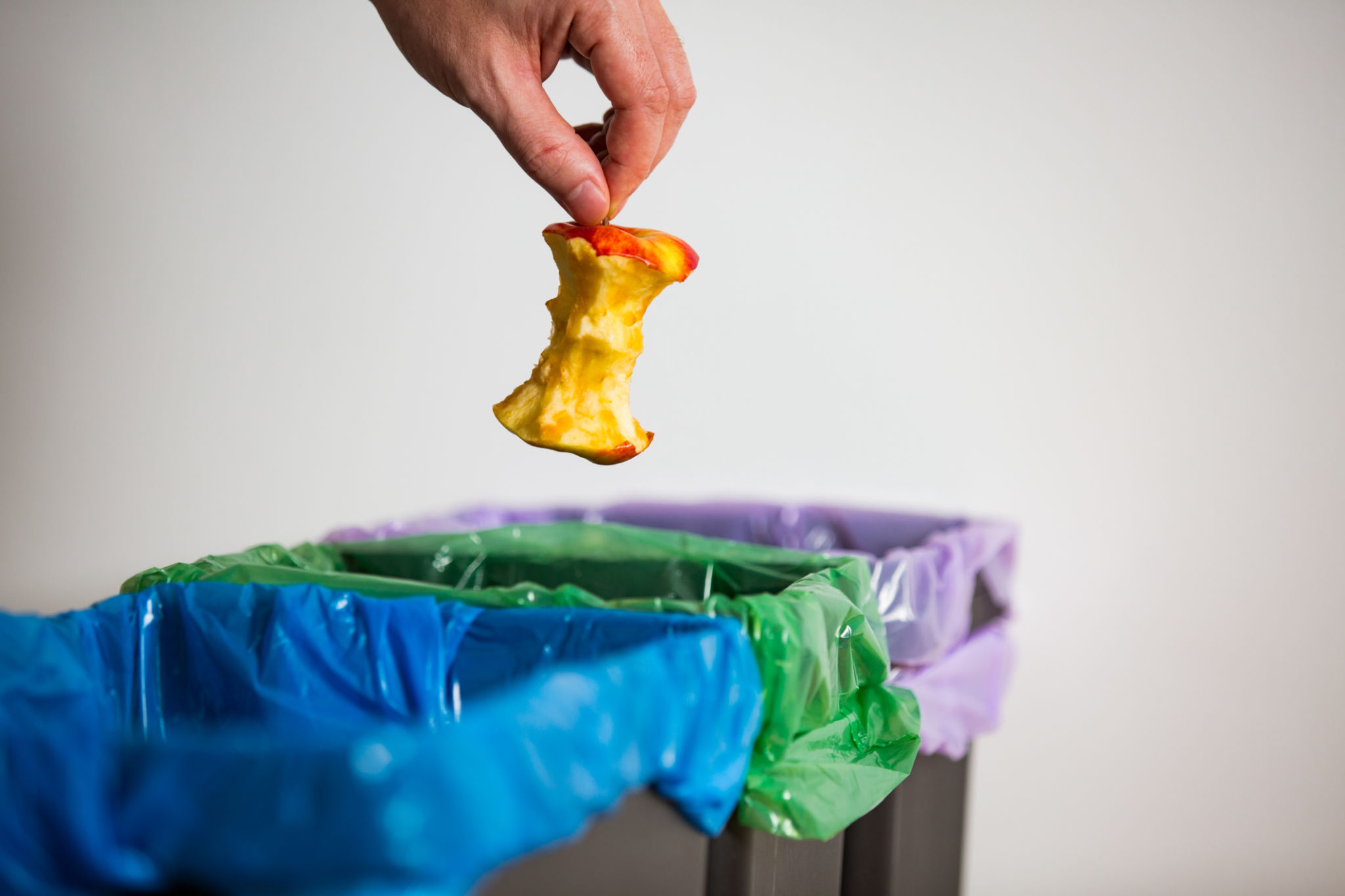Common Mistakes in Pet Waste Disposal and How to Avoid Them
Introduction to Pet Waste Disposal
Pet waste disposal might seem like a straightforward task, but it’s often riddled with mistakes that can have environmental and health repercussions. Properly managing pet waste is crucial not only for the cleanliness of our surroundings but also for the well-being of our communities. In this blog post, we will explore common mistakes in pet waste disposal and provide tips on how to avoid them.
Neglecting to Pick Up Pet Waste
One of the most frequent mistakes pet owners make is neglecting to pick up their pet's waste. Leaving pet waste on the ground can lead to unpleasant odors, attract pests, and even cause water pollution when it rains. It's important to always carry a bag when walking your pet and make it a habit to clean up after them immediately.

Using Non-Biodegradable Bags
Many people use plastic bags to dispose of pet waste, but not all bags are created equal. Non-biodegradable plastic bags contribute significantly to environmental pollution. Instead, opt for biodegradable or compostable bags, which break down more quickly and are better for the environment.
When choosing bags, look for those specifically labeled as biodegradable or compostable. These bags are designed to decompose naturally, reducing their impact on landfills and ecosystems.
Flushing Pet Waste
Some pet owners might consider flushing pet waste down the toilet as a convenient disposal method. However, this is not recommended because it can cause plumbing issues and introduce harmful pathogens into the water supply. Municipal sewage systems are not equipped to handle pet waste, so it's best to avoid this practice.

Improper Disposal at Home
Improper disposal of pet waste at home can lead to unpleasant odors and attract unwanted pests. It's important to have a designated area for waste disposal, whether it's a compost bin for biodegradable bags or a sealed trash can. Ensure that the trash can is covered tightly to prevent pests from accessing it.
Not Considering Composting
Composting pet waste is an eco-friendly alternative that many pet owners overlook. While it requires some effort and specific conditions, composting can significantly reduce the environmental impact of pet waste. When done correctly, composting transforms waste into nutrient-rich soil that can be used in non-edible plant gardens.

Conclusion
Proper disposal of pet waste is an essential responsibility that comes with pet ownership. By avoiding common mistakes such as neglecting cleanup, using non-biodegradable bags, and improper disposal methods, you can contribute to a cleaner and healthier environment. Consider adopting sustainable practices like using biodegradable bags or even composting to make a positive impact.
Remember, each small step towards responsible pet waste management goes a long way in protecting our planet and ensuring a healthy community for everyone.